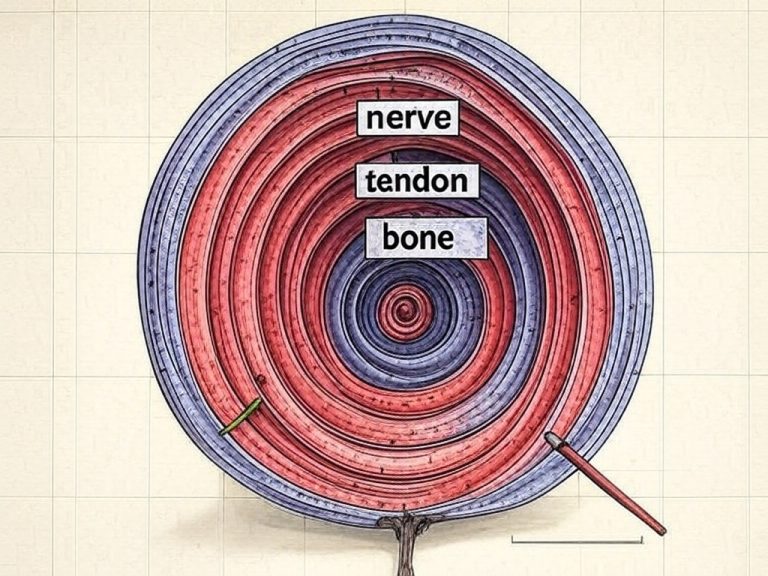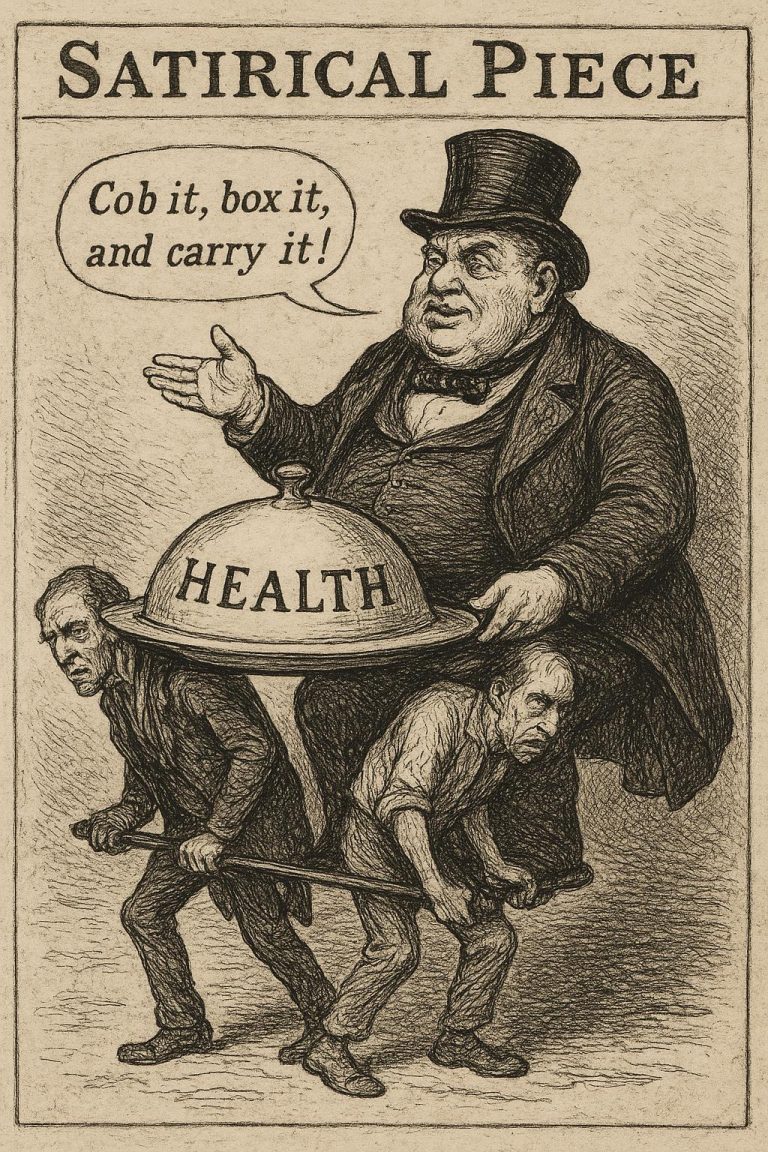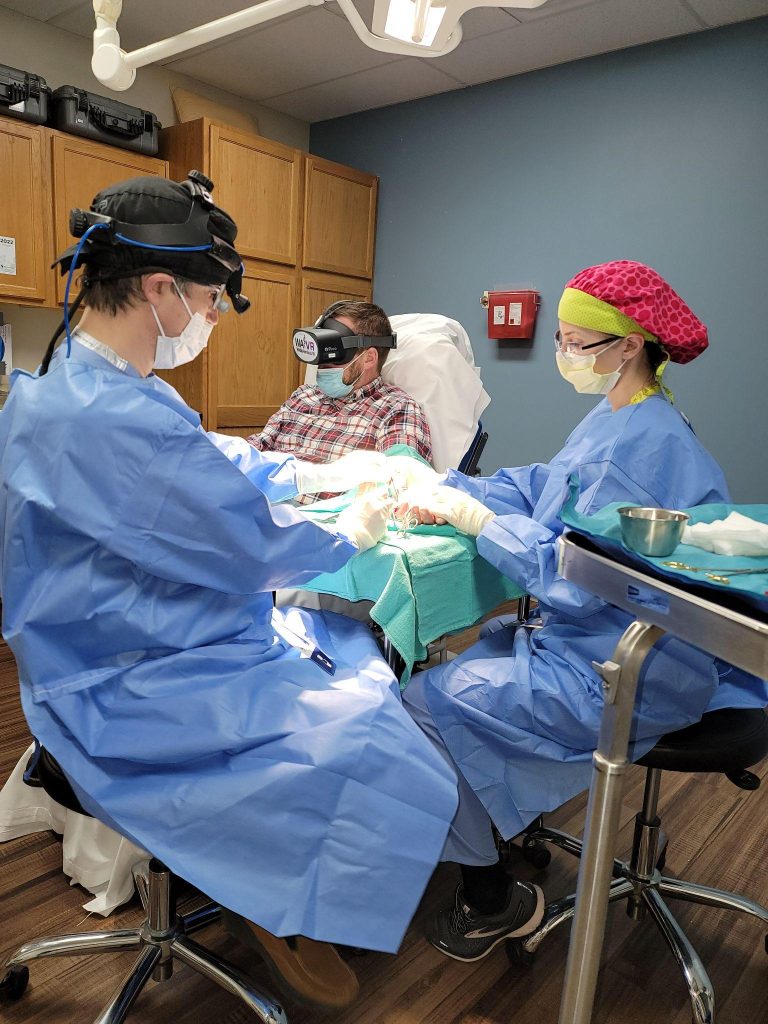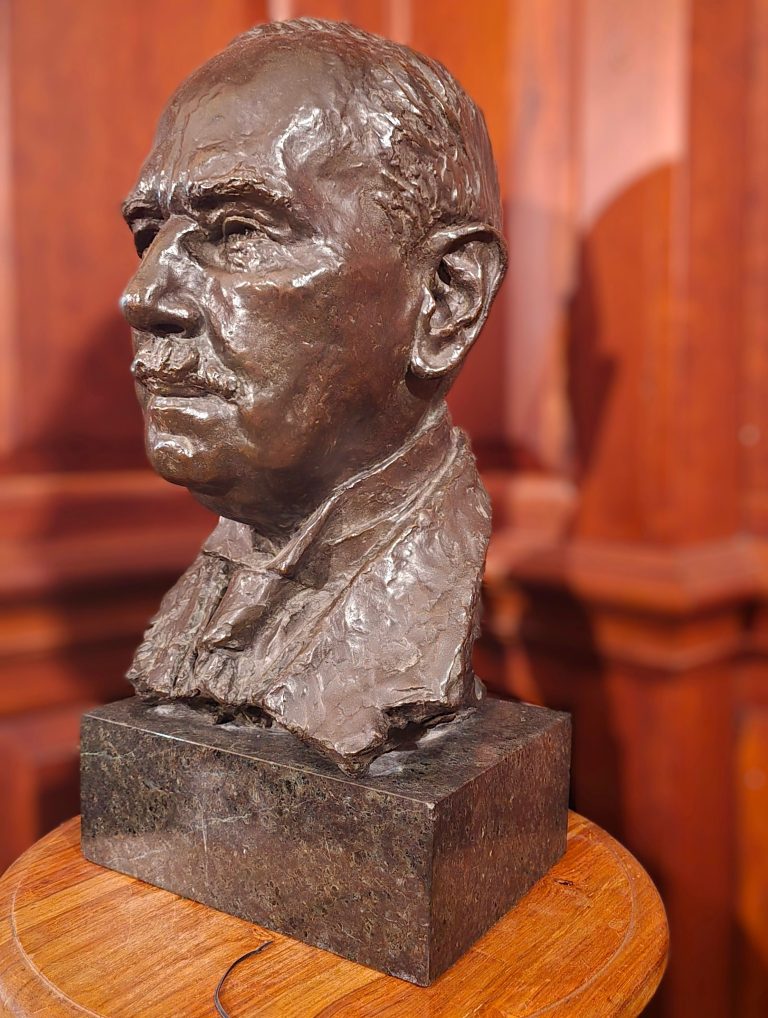Why Patients Are Choosing Office-Based Surgery Over Costly Operating Rooms
For patients facing surgeries like cubital tunnel release—a common procedure for older men, many of whom are frail—navigating Medicare and Medicare Advantage plans can be daunting. While these plans often push patients toward higher-complexity settings like hospital operating rooms or ambulatory surgical centers (ASCs), a growing number are opting out of these costly and less convenient environments. Instead, they’re choosing to pay out-of-pocket for office-based surgery at Heritage Hand and Plastic Surgery, where the Wide Awake Local Anesthesia No Tourniquet (WALANT) technique offers a safer, more affordable alternative. Here’s why this trend is gaining momentum and how it can save you money and improve your care.
The High Cost and Risks of Traditional Surgical Settings
Medicare and Medicare Advantage plans frequently steer patients toward main operating rooms in hospitals or ASCs for procedures like cubital tunnel release. These settings come with facility fees that can inflate costs up to $10,000-$12,000 in some health systems, driven by expenses for anesthesia, staff, and equipment. For patients, this often means copays or coinsurance ranging from hundreds to thousands of dollars, depending on the plan. Under Original Medicare, you’d typically pay 20% of the Medicare-approved amount after the deductible ($257 in 2025), which could still be $2,000-$2,400 for a $10,000-$12,000 procedure. Medicare Advantage plans might charge flat copays (e.g., $100-$300) or a percentage, but the high total cost often increases your share.
Beyond finances, these settings usually provide sedation and general anesthesia, commonly used in hospital operating rooms which has been reported to increase postoperative confusion in older patients, or prolonged recovery in those with comorbidities. Despite these drawbacks, payers like CMS and some commercial payers appear to favour these high-cost, high-complexity environments, even when simpler options are just as effective.
The Rise of Office-Based Surgery: A Patient-Driven Choice
At Heritage Hand and Plastic Surgery, we’re seeing a shift: more patients are electing to pay out-of-pocket for office-based surgery, bypassing Medicare or Medicare Advantage policies that push them toward expensive facilities. Using WALANT, we perform cubital tunnel release in our office under local anesthesia, eliminating the need for sedation, operating rooms, or facility fees. The result? A total cost is often the same or less than the copay or coinsurance patients would face in a hospital or ASC.
- Even patients whose copays are significantly lower have elected to pay out of pocket for the convenience of office based surgery.
Patients are waking up to this economic reality. By choosing to self-pay for office-based surgery, they may not only save money but also avoid the unnecessary risks of sedation and the inconvenience of hospital visits. These inconveniences mount up with age, requiring many preoperative medical clearance doctor visits, which are not needed if the surgery is done awake. For frail older patients, the ability to stay awake, recover quickly, and return home the same day is a game-changer.
Why Office-Based Surgery with WALANT Makes Sense
The WALANT technique is at the heart of this patient-driven movement. By using local anesthesia without a tourniquet, we can perform cubital tunnel release safely and comfortably in our office. The benefits are clear:
- Lower Costs: The out-of-pocket cost for office-based surgery is often less than or equal to the copay for a $10,000-$12,000 hospital procedure, making it a financially savvy choice.
- Increased Safety: No sedation means fewer risks for frail patients, reducing complications and speeding up recovery.
- Convenience: Skip the hospital, fasting, and lengthy pre-op processes—surgery is done in a familiar, low-stress office setting.
- Patient Control: Paying out-of-pocket lets you bypass payer policies that favor costly, complex settings, putting you in charge of your care.
This approach is especially appealing for patients with high-deductible plans (common in some Medicare Advantage or supplemental insurance). A single hospital-based procedure could eat up a $5,000 deductible, while multiple office-based surgeries might cost far less than $5,000 total, allowing you to address multiple issues without breaking the bank.
The WALANT Movement: Empowering Patients
The WALANT movement is reshaping surgical care, proving that many “operating room” procedures can be done safely in an office. Yet, Medicare’s policies have been inconsistent, sometimes limiting reimbursement for office-based surgeries while favoring high-cost settings like hospital outpatient departments or ASCs. Payers often prioritize these facilities, where facility fees can be 10-20 times the surgeon’s fee, over simpler, equally effective alternatives. This drives up costs and exposes patients to unnecessary risks.
Patients are pushing back. By choosing to pay out-of-pocket for office-based surgery, they’re rejecting the “middleman” of facility fees and embracing a simpler, safer, and more affordable model. At Heritage Hand and Plastic Surgery, we’re proud to support this trend, offering transparent pricing and high-quality care tailored to your needs.
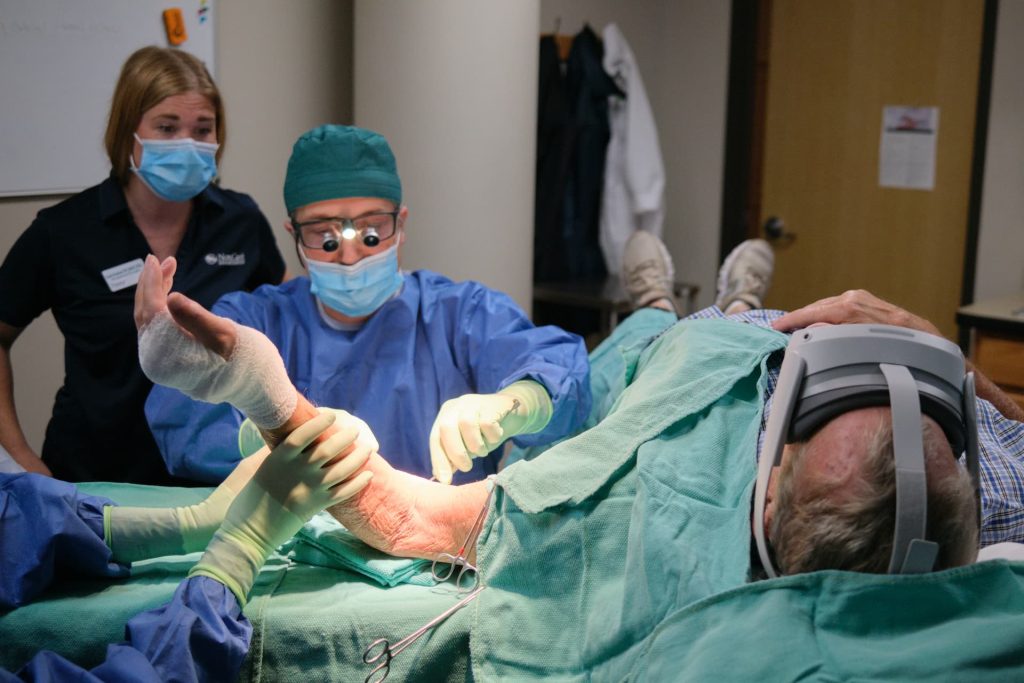
Join the Movement at Heritage Hand and Plastic Surgery
If you’re considering cubital tunnel release or another hand surgery, you don’t have to follow the costly, high-risk path laid out by Medicare or Medicare Advantage plans. Like many patients, you can choose to pay out-of-pocket for office-based surgery at Heritage Hand and Plastic Surgery, where the cost may be less than or equal to the copay for a hospital procedure. With WALANT and WAVR, you’ll enjoy a safer, more convenient experience without the risks of sedation.
Contact us today to discuss your options, estimate costs, and see if office-based surgery is right for you. We’ll provide clear, upfront pricing and help you take control of your care. Call or visit our website to schedule a consultation and join the growing number of patients choosing a smarter, more affordable approach to surgery.
Note: Always consult your insurance provider to understand your plan’s copays and coverage, as Medicare Advantage plans vary. If opting to self-pay, we’ll provide transparent pricing to ensure no surprises.

